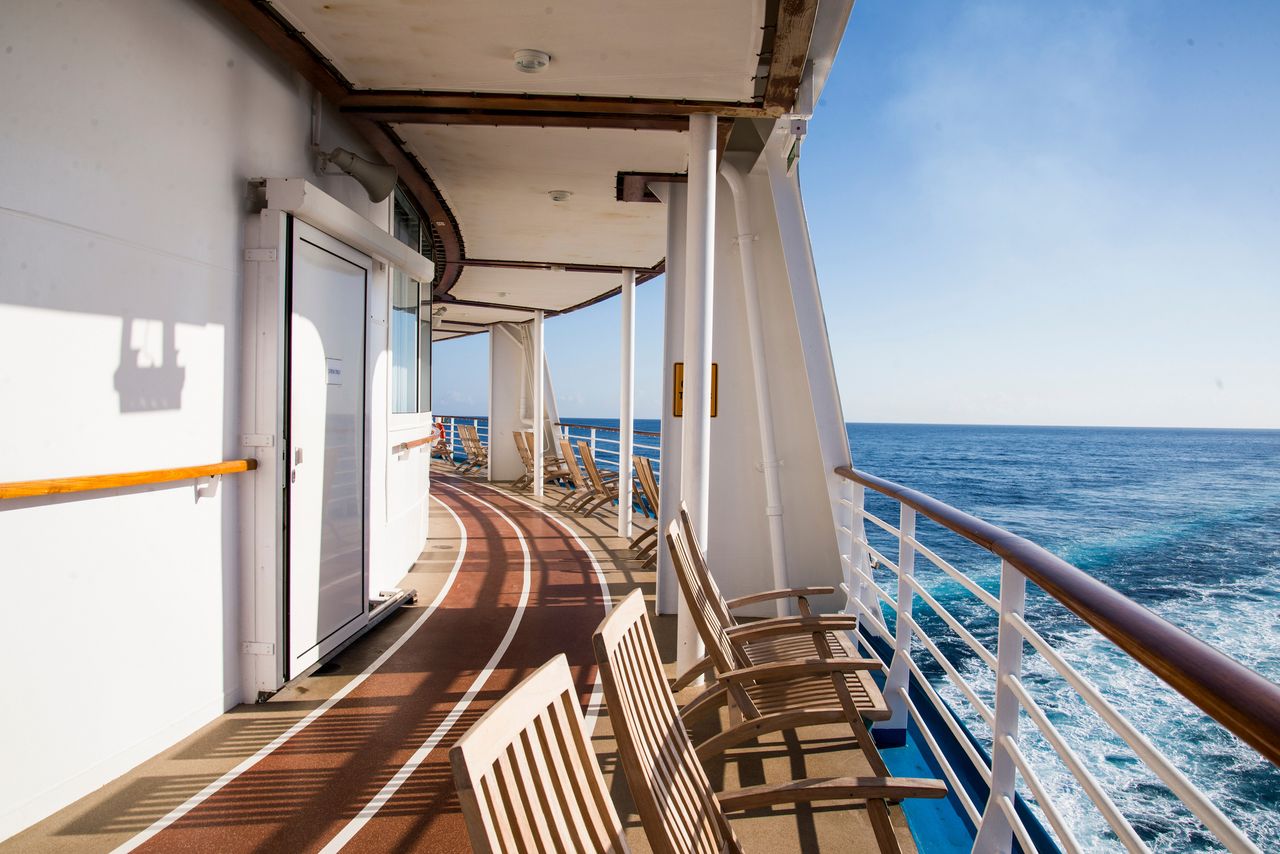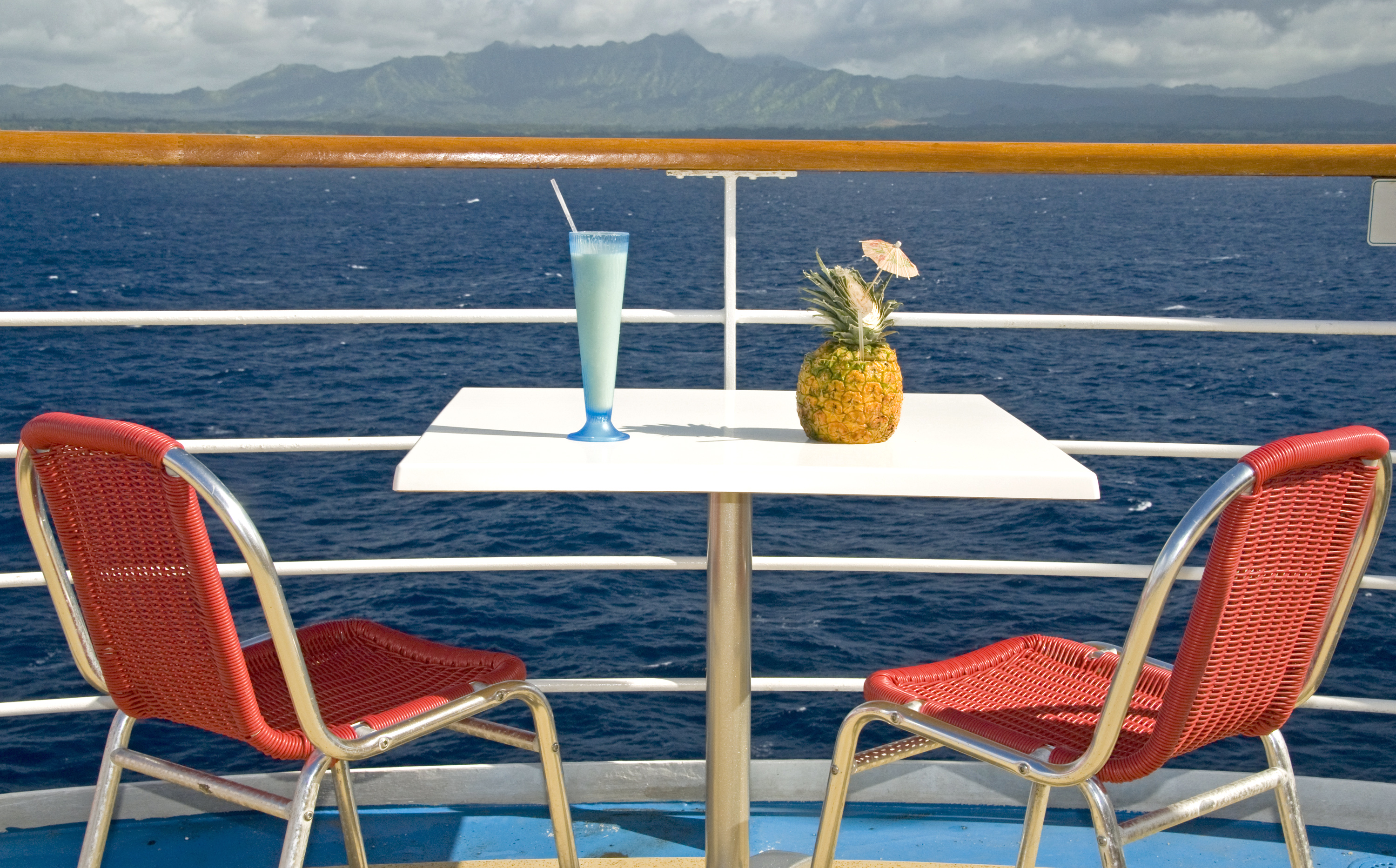
If you’re planning to set sail to Hawaii on a cruise next year, your room and board fees could be higher thanks to a new tourism tax.
Hawaii is slated to impose a so-called “green fee” tax next year, which will impact the nightly lodging charges for hotels and vacation rentals. The fee, designed to mitigate climate change in the Aloha State, could impact as many as 300,000 cruise ship passengers annually.
That’s because for the first time, the levies will also target cruise ships docking in Hawaii ports.
Opponents of the proposed 2026 Hawaii tourism tax argue that the additional charges could deter tourists from booking cruises to the islands. They suggest that visitors might choose alternative destinations for significant life events like weddings, family holidays, retirements, and honeymoons.
Before the tax kicks in, some opponents are taking legal action.
Cruise Lines International Association filed a complaint on Aug. 27, arguing that the climate impact fees imposed on cruise ships violate federal law in three ways — conflicting with the Tonnage Clause of the U.S. Constitution, freedom of speech protections, and federal navigation laws.
Meanwhile, the state counters that the “green tax” imposed on tourists' nightly lodging accommodations will fund necessary climate and conservation projects, which are “critical” to the health and safety of locals and visitors.
Here’s what you need to know about Hawaii’s planned tourism tax, and how it may impact your 2026 vacation.
What is Hawaii’s tourism tax?
Hawaii's new "green fee" tax, slated to take effect in 2026, expands the transient accommodations tax (TAT) charged on your nightly lodging at a hotel or vacation rental. For the first time, the levies will also target cruise ships that port in the Aloha State.
The tax, as reported by Kiplinger, aims to create a consistent funding source for conservation and rebuilding initiatives in Hawaii.
The measure (Act 96) was signed into law by Hawaii Gov. Josh Green this spring and raises the TAT by 0.75% to 11% beginning in 2026. In 2027, the fee is expected to increase again to 12%.
That’s not all, Hawaii’s four counties can add an extra tax on top of the state TAT. All of them have decided to add the maximum possible, which is another 3%. Overall, tourists could be charged a total tax of 14% per nightly accommodation next year.
According to the governor's office, the green fee is projected to generate $100 million annually. As mentioned, the measure will fund projects including environmental stewardship, climate and hazard resiliency, and sustainable tourism.
For more information: Hawaii Approves First-of-its-Kind ‘Green Fee’ for Tourists.
Cruise operators and local businesses challenge Hawaii tourism tax

A new lawsuit challenges Hawaii's expanded transient accommodations tax, with a major cruise industry group and local tourism businesses claiming the measure is unconstitutional.
Opponents of the tax seek to prevent the so-called “green fee” from taking effect in 2026.
The plaintiffs, led by Cruise Lines International Association, a global advocacy group representing most cruise lines, note the law would also authorize Hawaii counties to collect an additional 3% surcharge, bringing the total tourism tax to 14%.
- Gov. Green says the fee will translate to visitors paying an additional $3 per night on a $400 room stay in a Hawaii hotel, cruise ship, or other rental vacation lodging.
- You may want to keep that in mind if you’re planning to book a popular trip like the Hawaii Disney Cruise Line adventure for you and your loved ones next year.
One of the main concerns of those challenging Hawaii’s new green fee tax is that the new charge may “cause many potential visitors to vacation elsewhere.”
According to the lawsuit, the cruise industry brings in thousands of visitors to Hawaii each year, supporting thousands of local jobs and contributing to an annual economic growth of over $600 million.
The plaintiffs argue that the new tax could have a “devastating” impact on cruise ship operators and local businesses.
As reported first by the Associated Press, the plaintiffs are seeking a preliminary injunction to declare Act 96’s cruise-related provisions unconstitutional and block its enactment on January 1, 2026.
If they are successful in blocking the measure, that could potentially save tourists a couple of hundred dollars in vacation taxes next year.
“No other State imposes comparable fees — and for good reason,” wrote attorneys representing the Cruise Lines International Association in a motion, the AP reported. They added that ports shouldn’t be used by states for their own “revenue-raising interests.”
The defendants, which include state and county finance officials and the Hawaii Department of Taxation, have yet to release a statement on the pending litigation.
For now, stay tuned for developments as we cover how this may impact your travel plans to the Aloha State next year.







